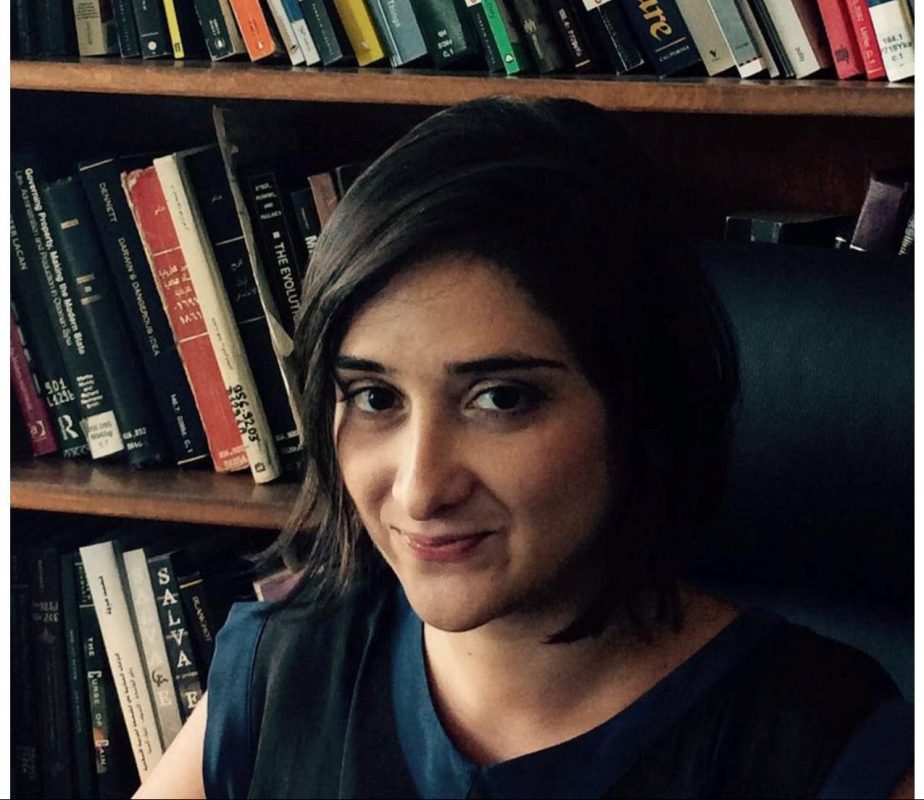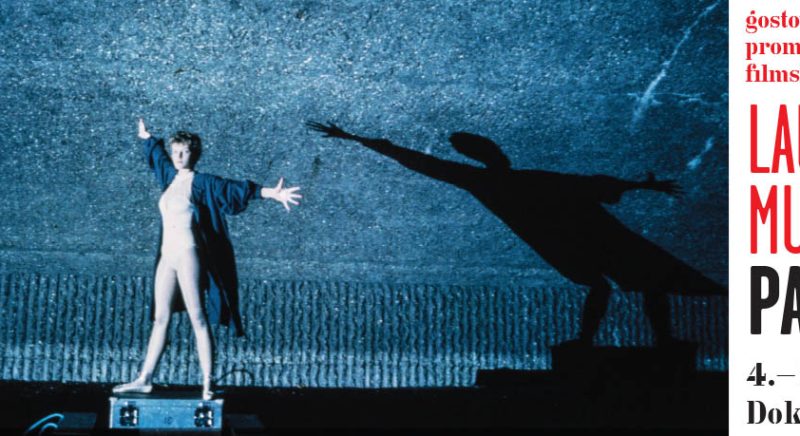
Hilflosigkeit, helpessness, is a word that takes on the status of a concept in psychoanalysis. In the most complex moments of reflection on war and death, aggressivity, and narcissism, Freud often resorted to this crucial concept, helplessness, to understand the cruelest acts of humanity. Put otherwise, helplessness is the inhuman drive against which humanity seeks to assert itself: the becoming human of the subject against the regressive drive for dependence. The ego cannot avow its helplessness, it disavows it, weaves tales and stories, imagines otherwise, always imagines otherwise. This reliance on the help of others, the charity in social relations, is the ego’s fantasy. What psychoanalysis promises is that the subject will be able to survive witnessing its own helplessness. This is not a group affair, though often groups canalize this primary originary emotion.
Franz Fanon maintained that this is made clear in colonial contexts, when the group or family abducts the libido: magic, myth, ghosts from the past haunt the colonized excessively. The enemy within, so to speak, is one that haunts the colonized in a “permanent confrontation on the phantasmatic plane.” This dissolution of personality, this libidinal cooptation by the group, is precisely what the native, the colonized, sheds during the battle for freedom. Fanon’s claim is that the “exit from the imaginary” compelled by colonization is a moment of violent confrontation: there can be no compromise except for the national bourgeoisie, the elite who will negotiate with the colonizer and run things on their behalf. Those natives or colonized who do not fight are beaten from the start, retreating into their helplessness as the “bombs are raining down on them.” This helplessness in the face of colonial power implies that one is already beaten, that whatever they do, they have already lost: the helplessness means they are yet again a mass, a population, a group. The only way to conquer this helplessness, to not give into it, is to fight.
Moderated by: Ozren Pupovac
Nadia Bou Ali is Associate Professor and director of the Critical Humanities Program for the Liberal Arts at the American University of Beirut. She is the co-editor of Lacan contra Foucault: Subjectivity, Sex and Politics (Bloomsbury, 2018), Extimacy: Encounters Between Psychoanalysis and Philosophy (Northwestern UP, 2024), and the author of Hall of Mirrors: Psychoanalysis and the Love of Arabic (Edinburgh UP, 2020). She is co-editor of the book series Psychoanalytic Acts (Edinburgh UP). Her forthcoming book is entitled Structure and Form (Verso, 2026). Her works have been translated into French, Spanish, and Arabic.

















